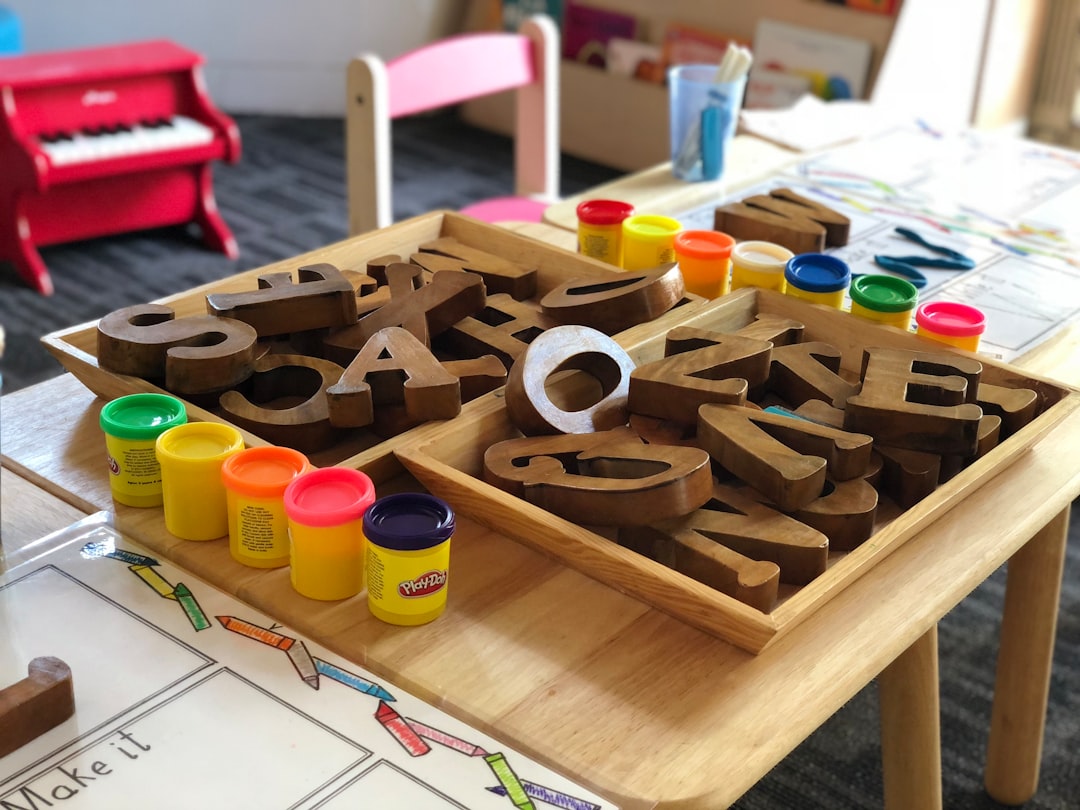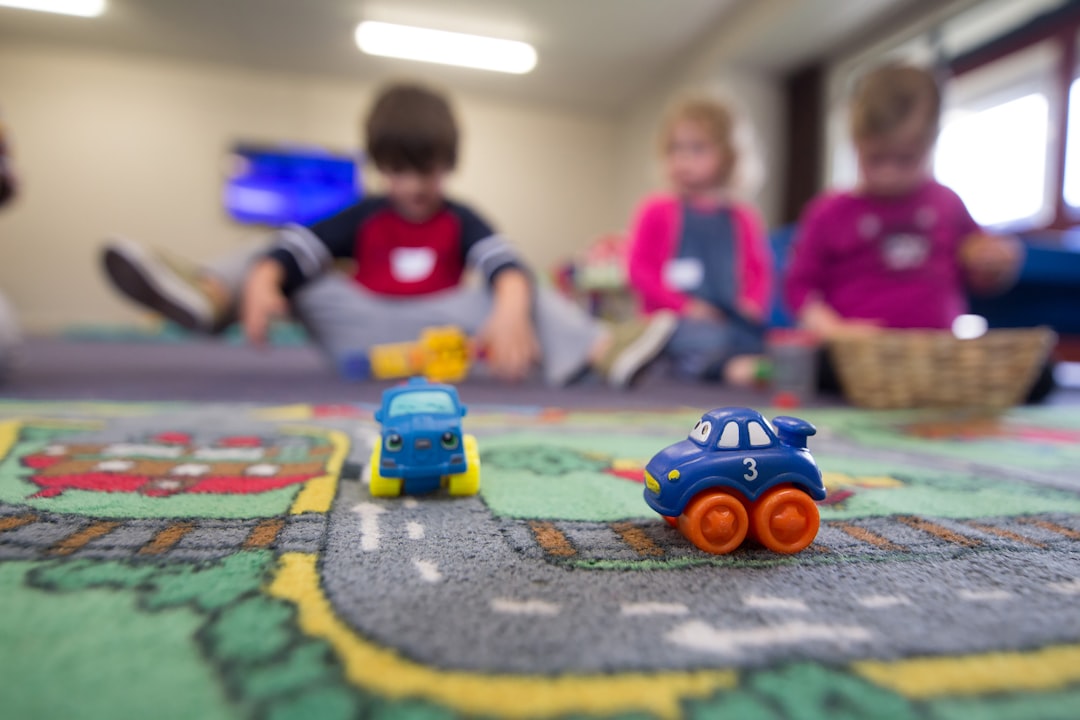EMDR therapy offers a powerful yet gentle solution for trauma in young children, especially those who have experienced abuse in daycare settings. By using eye movements or bilateral stimulation, EMDR helps kids process traumatic memories and reduce emotional responses, tailored to their developmental needs. For parents seeking justice in San Diego, CA, understanding EMDR as an effective treatment option is crucial when considering legal action against daycare facilities. Specialized care for childhood trauma, including legal support from a daycare abuse lawyer in San Diego, CA, promotes healing and ensures continuity of treatment.
“In Dallas, EMDR (Eye Movement Desensitization and Reprocessing) therapy is gaining recognition as a gentle yet powerful tool for healing young children affected by trauma. This article explores how EMDR, adapted for childcare settings, addresses the prevalent issue of childhood trauma. We delve into the challenges and solutions when implementing this treatment in daycares while also considering legal aspects crucial for victims of daycare abuse. With a focus on San Diego, CA, we provide insights for parents and professionals seeking specialized care.”
Understanding EMDR Therapy for Children: A Gentle Approach to Healing
EMDR (Eye Movement Desensitization and Reprocessing) therapy is a gentle yet powerful approach to healing trauma in young children, especially those who have experienced abuse in daycare settings. This therapy is designed to help kids process traumatic memories and reduce the intensity of their emotional responses. By using side-to-side eye movements or other bilateral stimulation techniques, EMDR facilitates communication between the brain’s different parts, allowing children to reprocess distressing events.
This method is particularly adapted for young individuals as it respects their developmental stage and needs. Unlike traditional talk therapy, EMDR incorporates hands-on interactions and play, making it more engaging and less intimidating for kids. With a dedicated therapist, each session becomes a safe space where children can begin to understand and make sense of their experiences, ultimately fostering resilience and healing. For parents seeking justice for their child’s trauma, understanding EMDR as an effective treatment option is crucial, especially when considering legal steps against daycare facilities in San Diego, CA.
The Prevalence of Trauma in Young Children and the Need for Specialized Care
Trauma is a significant concern for young children, with an alarming number experiencing adverse events such as abuse, neglect, or witnessing violent acts. According to various studies, childhood trauma is all too common, and when left untreated, it can have long-lasting effects on a child’s emotional, behavioral, and cognitive development. This is especially concerning in light of the fact that young children may not possess the necessary coping mechanisms or verbal skills to express their experiences, making them vulnerable to internalizing the pain and developing complex trauma responses.
Given the heightened prevalence of childhood trauma, there is an urgent need for specialized care tailored to address the unique needs of young victims. Traditional treatment methods often fail to resonate with children, highlighting the critical importance of adapted approaches like EMDR (Eye Movement Desensitization and Reprocessing). By employing techniques specifically designed for young patients, mental health professionals in Dallas can effectively help these children process traumatic memories, promote healing, and foster healthy development—a service that is crucial, especially when considering cases involving potential daycare abuse in San Diego, CA.
Adapting EMDR Techniques for Daycare Settings: Challenges and Solutions
Adapting Eye Movement Desensitization and Reprocessing (EMDR) techniques for daycare settings presents unique challenges, especially when dealing with young children who have experienced trauma. One of the primary difficulties is ensuring the effectiveness of EMDR while maintaining a safe and child-friendly environment in a daycare setting.
Daycare abuse lawyers in San Diego, CA, and elsewhere often encounter cases involving emotional trauma suffered by young children. To address this, professionals must tailor EMDR interventions to be age-appropriate. This involves using simple language, visual aids, and play-based activities to help children understand and process traumatic memories. For instance, incorporating storytelling or doll play can make the therapy more engaging for kids. Additionally, creating a quiet, calming space within the daycare center enables children to feel secure during sessions, reducing potential triggers associated with their trauma. Solutions include training daycare staff in basic EMDR principles, allowing them to identify and support children who may benefit from specialized care, ensuring continuity of treatment, and fostering an environment that prioritizes emotional well-being.
Legal Considerations and Support for Victims of Child Abuse in San Diego, CA
In San Diego, CA, legal considerations regarding child abuse are strictly enforced to ensure protection and support for victims. If a child experiences trauma or abuse while in daycare or any other institutional setting, it’s crucial to report the incident promptly. Local laws mandate that caregivers, educators, and staff members have a legal obligation to come forward with any knowledge of child abuse or neglect. A daycare abuse lawyer in San Diego CA can guide parents and guardians through this complex process, ensuring their rights are protected while pursuing justice for their child.
Support services for victims of child abuse are readily available in San Diego. Various organizations and government agencies offer resources tailored to meet the unique needs of young survivors. These services include counseling, therapy, and legal aid to help children and their families navigate the aftermath of traumatic experiences. By leveraging these support systems, parents can actively contribute to their child’s healing journey while staying informed about their rights and legal options.






